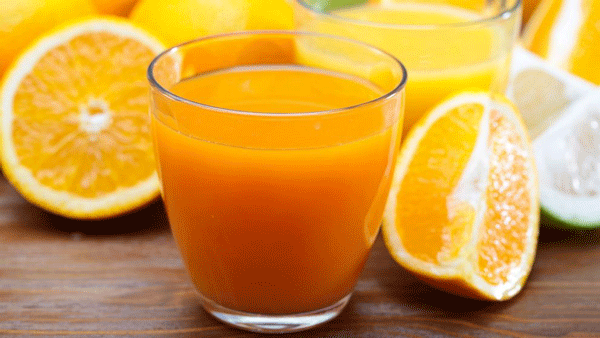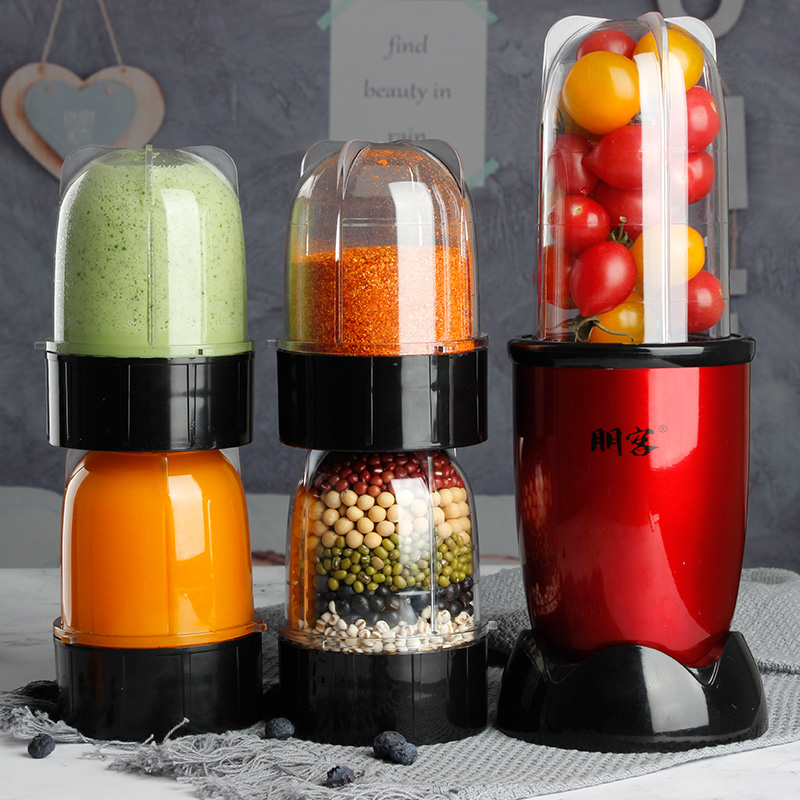In the race for the most nutritious final product, there has been a never-ending battle between blenders and juicers. You can use any of the options available, as long as you get fruits and veggies into your system, however there is always better than the good and worse than the bad in anything. To find out what would fit your lifestyle best, you need to tackle the basic differences between blenders and juicers.
How Blenders Work
Blenders have highly efficient motors, which they most certainly need for crushing ice and nuts. But you can also use a blender to make a vegetable soup or some kind of bread spread paste. Blenders are different from juicers because there is no waste of product – everything that is processed stays within the container. It is logical to mention that blenders are not used for making fruit juice. Some of them are even called extractors since they truly extract the inside of what you put inside. They are easy to clean because you can see all the parts that need to be washed and the container can be detached from the rest of the machine.
If you feel like a blender would be the right kind of machine to provide you with the necessary vitamins, fiber and minerals, you can choose among these following options: single-serve blender, full-size blender, hand-blender, frozen drink blender and multifunction blender. But note, a blender can never give you a glass of clear liquid called juice. Smoothie yes, but not juice.
How Juicers Work
If you feel that your lifestyle is more inclined towards juices instead of smoothies, alternative salad dressings and soups, you need to know the great differences between the two main types of juicers.
Masticating juicer, often referred to as a slow or whole fruit juicer, works on a principle that does not cause oxidation; it presses the ingredients in a way that is very close to chewing. This is why you can be sure that many of the essential nutrients are still present in the juice derived from a whole fruit juicer. A masticating juicer produces the juice with a delay of 30 seconds behind its centrifugal counterpart, but as a result of this, it gives us juice that can last for 72 hours on the shelf, as opposed to the 3-4 hour juice made by centrifugal juicers.
Centrifugal juicers comprise amazing perks and a few drawbacks, unfortunately. The great thing about them is their speed and the ability to torn to pieces anything you put in there. They act almost as blenders, however, in the process of doing this, they destroy many of the essential nutrients that are the main reason why we drink juices in a first place. If you are wondering how is it possible for the centrifugal juicer to be accountable for the loss of up to 70% of the nutrients, just think of those fast moving, metal blades and all of the oxidation they cause in the process of literally massacring the fruits or vegetables. But this does not mean this machine is bad for you, on the contrary, centrifugal juicer offers fast juicing time, it’s cheaper, easy to use and reduced food prep time.
